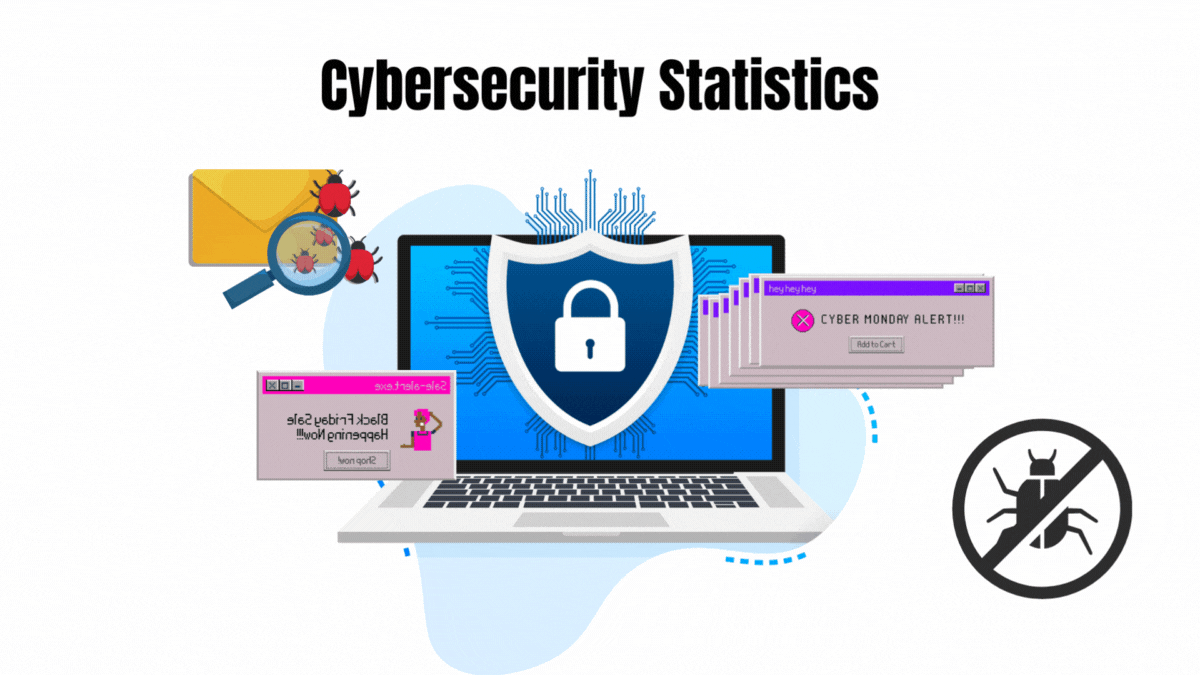Use It or Lose Them
Did anyone notice a giant sucking sound over the holidays? It was the credibility of some retailers going down the drain — perhaps never to return. If ever, ever, there was a time e-tailers needed to build confidence, it was this holiday season. Sigh.
A post-holiday study describes in painful detail how some of the dimmer bulbs in the online world managed to drop the ball. To no one's surprise, it boils down to customer service. In particular, the speed (or sloth) with which retailers respond to online inquiries. It is clearly a tale of woe but worth examining — if only to learn from the mistakes of others.
Let's start with a simple truth: An attractive Web site with good prices is just not enough. If that's all retailers plan to offer, they might as well give it up now. Customers want to be treated like people in the online and offline worlds. That means companies have to respond promptly to their inquiries and concerns. If not, people will quickly find other places to shop.
Case in point: The study found that less than one-third of online-only and brick-and-mortar retailers responded to customer emails within six hours. That's not just pathetic, it's scary. Imagine, if you will, that a customer was left on hold or standing in a store for six hours awaiting help. Granted, those who cling to snail mail cannot expect overnight replies to their missives. But the speed of email brings with it greater expectations.
This points to the larger issue of using email for customer communications. Businesses must accept that the joys of email involve certain responsibilities. A company cannot encourage customers to use email as a means of contact (saving the company untold sums in customer service expenses), then ignore the email when it arrives.
Email communication is a two-way street. Want to save money on toll-free numbers and snail-mail postage? Great. By all means persuade your existing and potential customers to use email. Persuade them to accept their statements via email. Lure them with email announcements of sales instead of sending out postcards or catalogs. But — and this point is crucial — do not expect customers to sit idly by while their emails gather dust in the inbox.
Is it really that burdensome to respond promptly to an email? Often, consumers have simple questions or concerns. Issues that could have been easily answered in a phone call. Companies seem to have gotten their priorities confused. A ringing phone takes greater precedence than incoming email. Human nature perhaps, but bad business.
The same study found that the majority of consumers felt the speed of a company's response to an email inquiry would affect their future purchase behavior. Whoa. There's a shocker. Customers don't like to be ignored? Knock me over with a feather.
What is most disconcerting about this study is that e-tailers were just as inept as traditional brick-and-mortar companies. Perhaps brick-and-click folks could be forgiven a few missteps. After all, they've got their store traffic to worry about. The pure-play e-tailers have no excuse. They are the ones who should be working overtime to build credibility and consumer confidence.
As we begin to dig out from an abysmal year, it is worth noting mistakes that have been — and continue to be — made. Viewing the dot-com wreckage, we have to wonder how much of it could have been avoided. More important, what lessons are there for the survivors?
At the risk of sounding trite, email is our friend. It helps the consumer and the company. It adds value, lowers costs, and has the potential to vastly improve customer relationships. As with any other business tool, it must be used wisely and with dispatch.
Good customer service is good business. Wal-Mart did not achieve market dominance by playing fast and loose with customer goodwill. A tardy email response may seem trivial in the grand scheme of things, but it speaks to a greater problem. A consumer can easily forgo Web sites that have something better to do than answer email. The offline stores will be there to welcome them.
Think about it.
Jonathan Jackson is an online marketingconsultant based in New York City. He has written extensively on internet
advertising and e-mail marketing. Formerly a senior analyst at “eMarketer,”
Jonathan's worked at several great metropolitan advertising agencies and
teaches internet marketing at colleges in New York.
Reprinted from ClickZ
